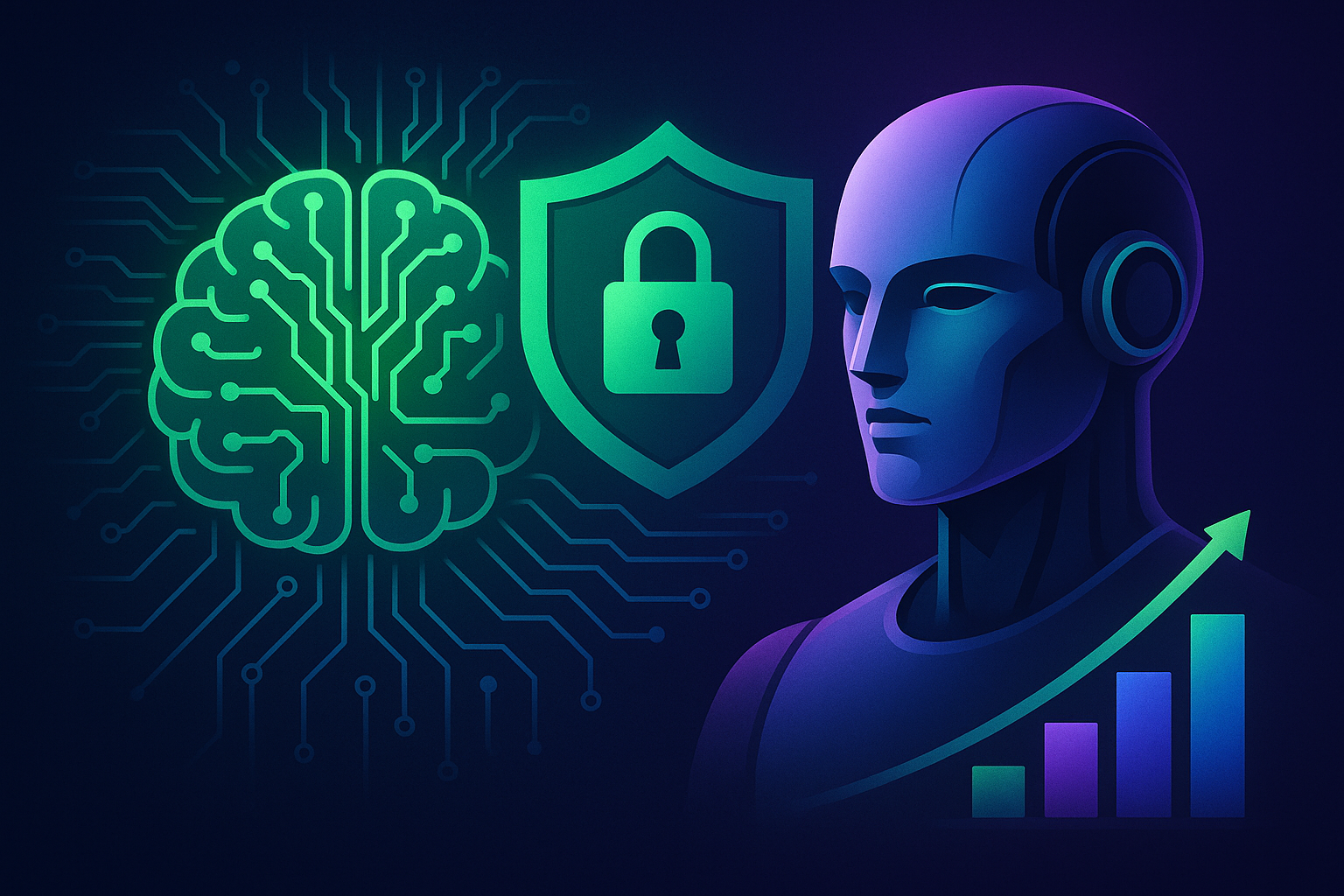The Rising Concerns about AI Wearables: Inspiring a New Debate on Privacy
With the advent of technology, the world has seen tremendous growth in the development and adoption of Artificial Intelligence (AI). Fueled by accuracy and capitalizing on machine learning capabilities, many sectors have adopted AI applications for enhanced efficiency and tackling complex tasks. One such area that continues to expand is the AI-enabled wearables sector; the new revolution that’s instigating profound discussions on privacy issues.
According to a recent article published on cybersecuritynews.es, the rapidly increasing use of wearables integrated with artificial intelligence could potentially spur a new debate on privacy.
AI Wearables and their Implication on Daily Life
In the last decade, wearable devices such as smartwatches, fitness trackers, and clever glasses have infiltrated various spheres of our daily lives. These devices can monitor our heart rate, more often than not, our sleeping patterns, and even guide us on street navigation. An emerging trend seen among these wearables is the inclusion of artificial intelligence technology like machine learning algorithms and neural networks, which learn from their environment and improve with usage.
The AI technology inherent in these smartwatches and fitness trackers can process large volumes of data to provide accurate and personalized insights. From a healthcare perspective, AI wearables have drastically transformed the way we perceive our well-being, health, and fitness. The sector is continuously booming with innovation, which is universally celebrated. However, it simultaneously throws light on significant concerns related to data privacy and cybersecurity—a subject matter directly related to our Cybersecurity services at Hodeitek.
Data Privacy and Cybersecurity Concerns
A crucial matter, in this case, is what happens to our data once it is collected by the AI wearables. Our heart rate, sleeping pattern, and physical location may seem like benign pieces of information, but when combined, they can paint an accurate picture of our daily lives. A question that arises with the increasing usage of AI wearables is: Who owns this data? How is it stored? And, is it shared with third parties?
Moreover, the data collected by these devices are vulnerable to cyber threats if not adequately protected. Cyber threats can lead to data breaches that compromise the privacy of users, leveraging their information for malicious activities. From this standpoint, easy accessibility and adaptability of AI wearables has its trade-offs concerning data privacy and cybersecurity.
Data Breach and its Implications
Data breaches in AI wearables can result in severe implications. A data breach can disclose critical information about individuals that can later be used for crimes like identity theft and financial fraud. For instance, in the case of healthcare, where AI wearables often store medical history data and sensitive information, a data breach could compromise the privacy and safety of patients. Therefore, ensuring cybersecurity for AI wearables is a critical task.
Privacy Laws and Regulations in the EU, US and Spain
Privacy laws in the EU, US and Spain work to protect the data of individuals, though the regulations do vary. For instance, in the European Union, the General Data Protection Regulation (GDPR) has regulations that are mandatory for any organization that collects, maintains, or manages the data of EU citizens. This is a holistic measure for privacy protection, not limiting its scope to AI wearables alone. In the US, privacy laws are sector-specific and fragmented, with regulations differing between healthcare, educational data, financial information, amongst others.
In Spain, the Organic Law on the Protection of Personal Data and Guarantee of Digital Rights aims to ensure individuals’ control over their personal data regardless of the field, which includes AI wearables. It underlines the importance of cybersecurity, an aspect closely tied to the services offered by Hodeitek’s Cybersecurity service.
Recommendations for Strengthening Privacy
With the increasing usage of AI wearables and the subsequent rising concerns about data privacy and cybersecurity, it is crucial to ensure that these devices are designed and operated while prioritizing user privacy and safety. The focus should aim at perfecting data encryption practices and developing robust cybersecurity infrastructures. It is also recommended to develop and enact stricter cybersecurity policies for these devices.
For AI wearable users, it is advisable to understand their rights and regulations associated with data privacy, depending on their geographical location. Users should also remain updated about the privacy policies of the AI wearable companies.
How Hodeitek can Help
At Hodeitek,
we are well aware of the importance of data privacy and cybersecurity. Therefore, our cybersecurity services are dedicated to providing robust, reliable, and credible solutions to mitigate these issues.
As we move forward to an increasingly digitized future where devices are getting smarter and more personalized, AI wearables will inevitably become an integral part of our lives. With this, the need for stringent data protection and privacy measures will also increase. As a trusted name in technology services, Hodeitek is at the forefront of this movement, dedicated to providing cyber solutions for a safer, securer digital future.
The Future of AI Wearables
The sector of AI wearables is growing at an unprecedented rate, with new devices being launched almost daily. Despite the concerns, the benefits these devices provide cannot be overlooked. The key to a safe and secure AI wearable environment lies in balancing these benefits with adequate and robust cybersecurity measures.
The future of AI wearables holds the promise of a more connected and personalized world, but it should not be at the expense of our privacy and data security — a principle we staunchly uphold at Hodeitek.
In Conclusion
AI wearables bring forth immense opportunities in various fields like healthcare and fitness, but they also raise valid concerns relating to data privacy and cybersecurity. While the current privacy regulations play a critical role, the continuing development and innovation in AI wearables demand for academia, industry, and law to collaborate for user safety and privacy. Emphasizing on cybersecurity services, like the ones offered by Hodeitek, can significantly contribute to achieving this security balance.




